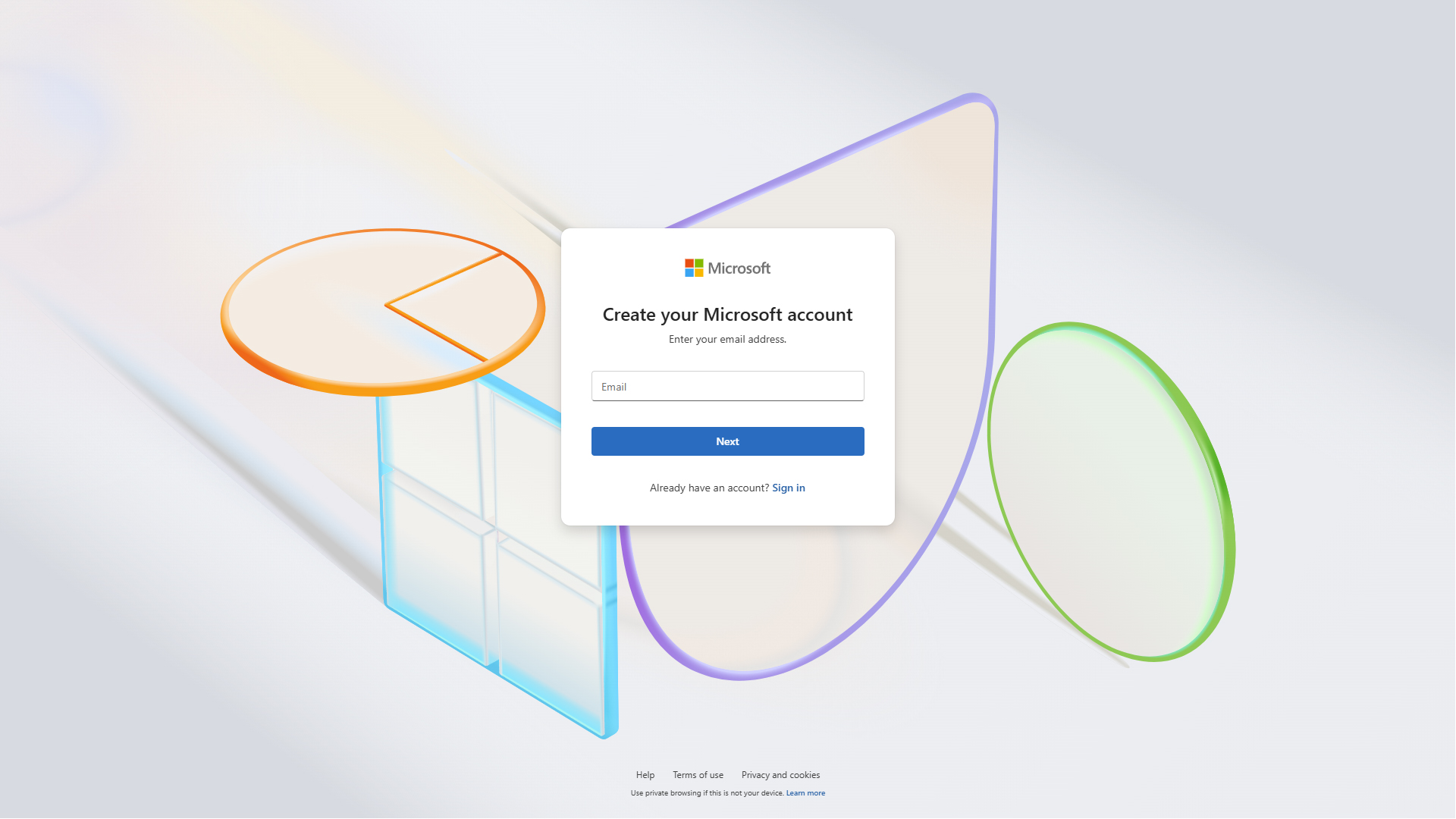So what's left?
-
Slrpnk hosts an XMPP/Jabber for our users, mods and admins to communicate. Its worked pretty darn well for the past couple years, with very low resource needs.
The clients are pretty slick now too, such as Cheogram or Monocles for mobile, and movim is an excellent web app with support for group calls.
I'd certainly recommend it over Matrix/element.
What's the protection in the clients assuming compromised infrastructure, like e.g. in https://notes.valdikss.org.ru/jabber.ru-mitm/ ?
-
What's the protection in the clients assuming compromised infrastructure, like e.g. in https://notes.valdikss.org.ru/jabber.ru-mitm/ ?
Significant improvements to certificate pinning and validation have been added to all major XMPP clients as a result of this incident, but it should also be clear that hosting a server on infrastructure under control by an antagonist government (see also Signal) is a very bad idea and hard to mitigate against.
-
What's the protection in the clients assuming compromised infrastructure, like e.g. in https://notes.valdikss.org.ru/jabber.ru-mitm/ ?
I'm afraid that's quite outside my field of expertise. I can only report how my experience on XMPP has been as a user, though perhaps @poVoq@slrpnk.net, who hosts it, may be able to weigh in on that. Edit: ah, I see you already have

Though from my untrained eye, it seems that Jabber.ru was compromised due to not enabling a particular feature on their server
"Channel binding" is a feature in XMPP which can detect a MiTM even if the interceptor present a valid certificate. Both the client and the server must support SCRAM PLUS authentication mechanisms for this to work. Unfortunately this was not active on jabber.ru at the time of the attack.
And it seems that hosting it externally on paid hosting service (hetzner and linode) left them particularly vulnerable to this attack, and tgat it could've been mitigated by self hosting the XMPP locally, as well as activating that feature.
-
So what's left? Jabber?
Depends what your goal is. Revolt seems pretty cool, but I don't think it has any kind of encryption. It is based in Europe, though, so it gets GDPR protection, and it's open source, so it could be forked to fit other needs and uses.
-
Significant improvements to certificate pinning and validation have been added to all major XMPP clients as a result of this incident, but it should also be clear that hosting a server on infrastructure under control by an antagonist government (see also Signal) is a very bad idea and hard to mitigate against.
End to end encryption between clients (also for groups) seems to partly address the issue of a bad server. As for self-hosting, any rented or cloud sevices are very vulnerable to an evil maid. So either in-house hosting or locked cages with tamper-proof hardware remain an option.
-
Depends what your goal is. Revolt seems pretty cool, but I don't think it has any kind of encryption. It is based in Europe, though, so it gets GDPR protection, and it's open source, so it could be forked to fit other needs and uses.
No, Revolt checks neither of my boxes unfortunately.
-
It is entirely insecure.
Not when the entirety of your conversations are jargon and in-jokes!
/s
-
Significant improvements to certificate pinning and validation have been added to all major XMPP clients as a result of this incident, but it should also be clear that hosting a server on infrastructure under control by an antagonist government (see also Signal) is a very bad idea and hard to mitigate against.
Signal doesn't suffer anything worse than DoS if a hostile party controls the central service. That's its point and role. It's based on the assumption that such hostile parties as governments don't like DoS'ing central services, they prefer to be invisible.
For other points and roles other solutions exist. One can't make an application covering them all, that never happens.
Briar again (I've finally read on it and installed it, and I love how it works and also the authors' plans on the future possibilities based on the same protocols, but not for IM, say, there's an article discussing possibility of RPC over those, which, for example, can give us something like the Web ; I mean, those plans are ambitious and if I want them to succeed so much, I should look for ways to defeat my executive dysfunction and distractions and learn Java). Except it would be cool if it allowed to toss data over untrusted parties, say, now if two Briar users in the same group are not in each other's range, but there's a third Briar user not in that group between them, their group won't synchronize (provided they don't have Internet connectivity). If one could allow allocating some space for such piggybacked data, or create some mesh routing functionality, then it would become a bit cooler.
-
Signal doesn't suffer anything worse than DoS if a hostile party controls the central service. That's its point and role. It's based on the assumption that such hostile parties as governments don't like DoS'ing central services, they prefer to be invisible.
For other points and roles other solutions exist. One can't make an application covering them all, that never happens.
Briar again (I've finally read on it and installed it, and I love how it works and also the authors' plans on the future possibilities based on the same protocols, but not for IM, say, there's an article discussing possibility of RPC over those, which, for example, can give us something like the Web ; I mean, those plans are ambitious and if I want them to succeed so much, I should look for ways to defeat my executive dysfunction and distractions and learn Java). Except it would be cool if it allowed to toss data over untrusted parties, say, now if two Briar users in the same group are not in each other's range, but there's a third Briar user not in that group between them, their group won't synchronize (provided they don't have Internet connectivity). If one could allow allocating some space for such piggybacked data, or create some mesh routing functionality, then it would become a bit cooler.
You are very naive if you think that is all the US government can do in regards to Signal, but suit yourself

-
You are very naive if you think that is all the US government can do in regards to Signal, but suit yourself

OK, so what else in your opinion can it do?
-
OK, so what else in your opinion can it do?
A lot, but please educate yourself, this topic has been extensively discussed here and in other places.
-
A lot, but please educate yourself, this topic has been extensively discussed here and in other places.
A lot, but please educate yourself,
Thanks for the advice.
this topic has been extensively discussed here and in other places.
This is noise, not an argument.
I dunno what's the purpose of this comment. I asked for specific things, not for noise.
-
It is entirely insecure.
xmpp isn't.
(Ok I get xmpp alone is but every modern client supports the same two encryption methods so judge for yourself)
-
You are very naive if you think that is all the US government can do in regards to Signal, but suit yourself

Anything that's been proven/confirmed?
-
It is entirely insecure.
Define secure. You can run your own network.
-
So what's left? Jabber?
What about delta?
-
A lot, but please educate yourself,
Thanks for the advice.
this topic has been extensively discussed here and in other places.
This is noise, not an argument.
I dunno what's the purpose of this comment. I asked for specific things, not for noise.
Whenever anybody on the internet tells you to educate yourself, but refuses to provide the information they allude to, they're lying. They know they're lying.
Signal has issues, like SVR.. which are worth discussing on their own without this weird vague eliteism
-
Whenever anybody on the internet tells you to educate yourself, but refuses to provide the information they allude to, they're lying. They know they're lying.
Signal has issues, like SVR.. which are worth discussing on their own without this weird vague eliteism
Yes, I know that.
Especially the "this has been discussed before" thing, I dunno about other countries and cultures, but in Russia this is the most common obnoxious shit people without arguments and thinking they have authority use.
-
Yes, I know that.
Especially the "this has been discussed before" thing, I dunno about other countries and cultures, but in Russia this is the most common obnoxious shit people without arguments and thinking they have authority use.
Yeah it's like appealing to authority and social pressure all in one. We already discussed it. Bah.
-
It is entirely insecure.
The argument has always been, if when chat rooms are public, anyone can join and start logging the chats, encryption does nothing.
It has the ability to connect over TLS, but that's about it.
I loved using it for its simplicity, except when using all the different flavours of nick registration (Q, NickServ, ...).



